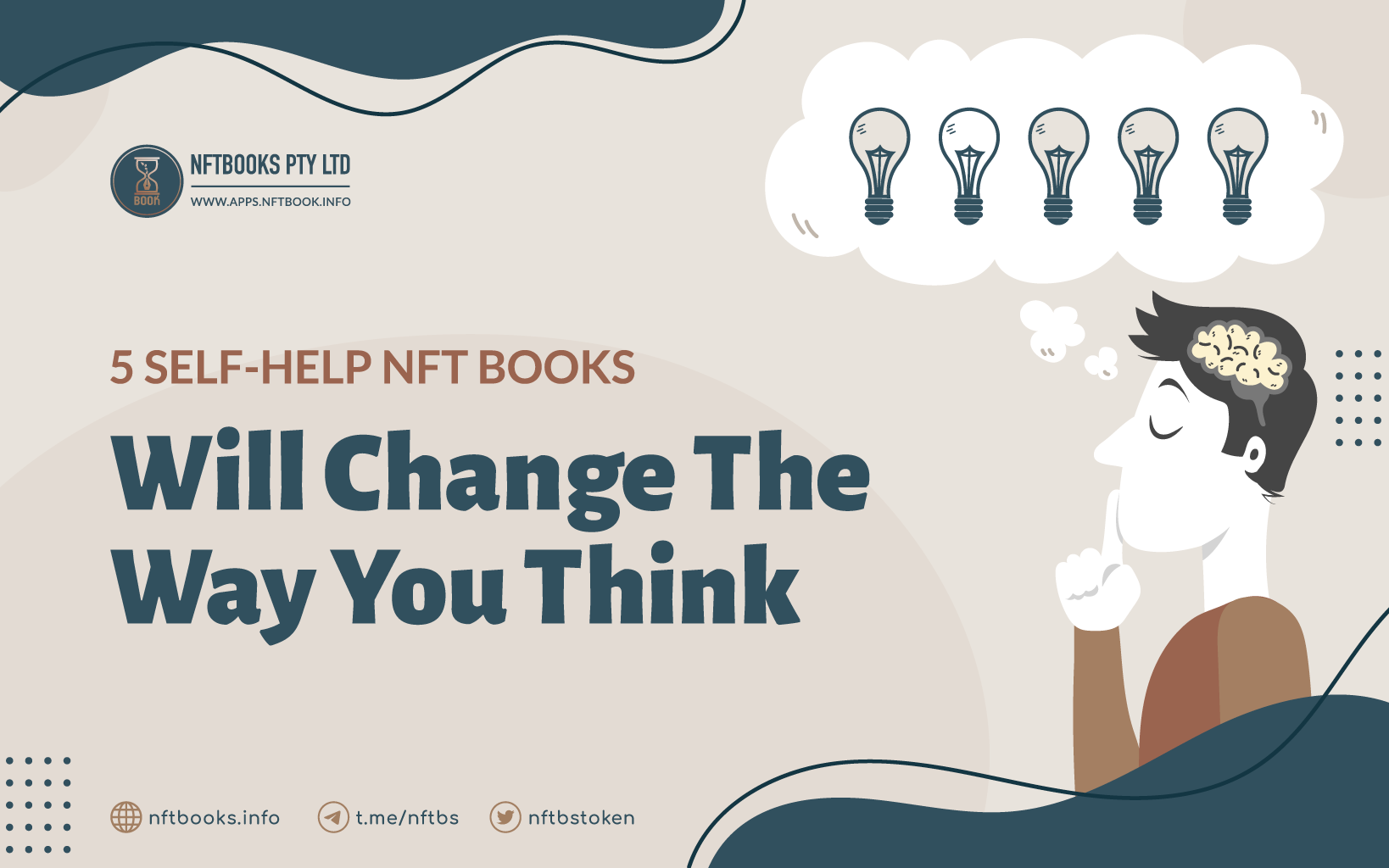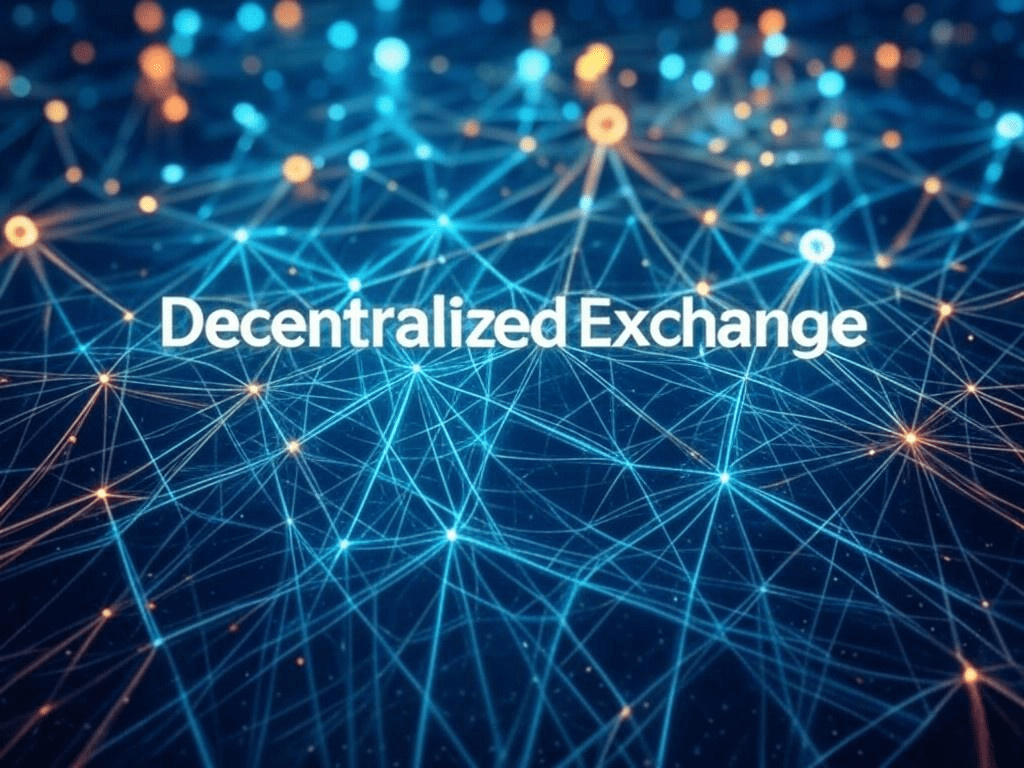NFTs are an exciting and fast-evolving technology with the potential to revolutionize multiple industries. From art and music to gaming and literature, NFTs offer thrilling possibilities. And now, they’re even making their way into education.
Continue reading this article to discover how NFTs will shape the future of education. But before we dive in, let’s provide a brief overview of what NFTs actually are.
What are NFTs?
NFTs, or Non-Fungible Tokens, are digital assets that use blockchain technology to prove ownership and authenticity. Unlike fungible tokens, NFTs are unique and can’t be copied, making them perfect for verifying ownership of digital items such as books, art, music, and videos.
What are the potential uses of NFTs in Education?
According to influential figures like Gary Vaynerchuk and Greg Isenberg, NFTs hold great promise beyond art and can revolutionize the field of education. Their transformative potential has sparked conversations among students, who are eager to explore the various benefits that NFTs can bring to education.
Academic Token
Top universities, such as Duke and MIT, have started using NFTs for credentialing, transforming them into academic tokens once students graduate. By storing these credentials on the blockchain, verifying their authenticity becomes simple, solving the problem of confirming important documents. NFTs also enable students to sell and share their work, allowing content creators to digitally sell their creations without concerns about fakes.
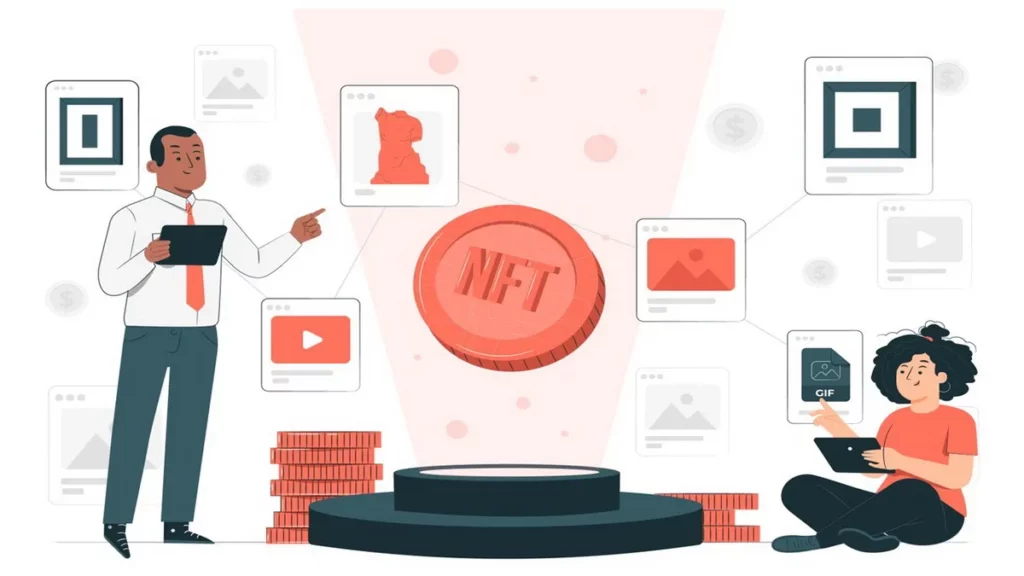
Education courses by NFTs
NFTs can also be used to preserve student records and research data, making it easy to store and exchange with other instructors or institutions. Moreover, using NFTs in virtual education can enhance the learning experience by offering courses as NFTs. Additionally, issuing badges and micro-credentials in NFT format can help verify their authenticity and reduce the risk of duplicates.
Scholarships by NFTs
Universities can generate a pool of scholarship opportunities, and students can be given non-fungible tokens to access these scholarships. NFTs in education can also be used to provide free materials, courses, event tickets, and other incentives to students. Experiential learning can also be verified using NFTs.
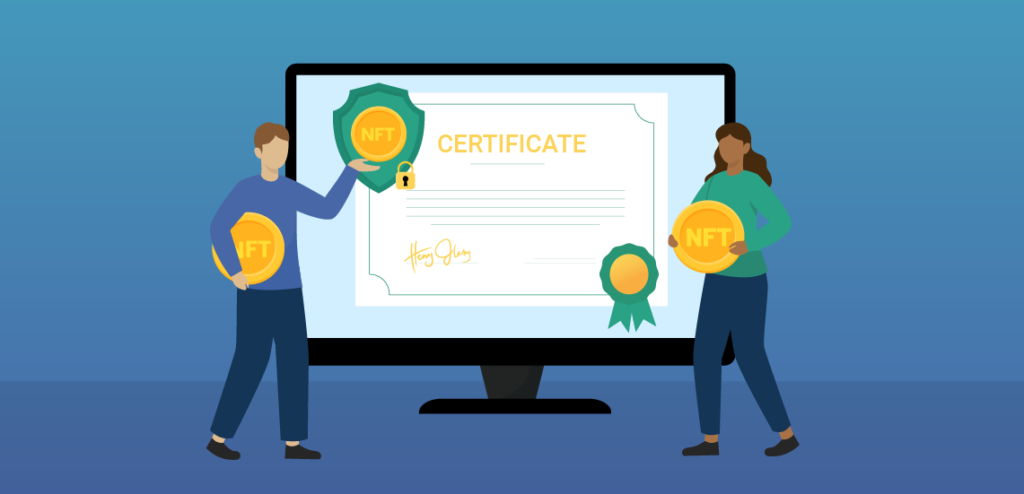
NFT Reference Books, Digital Textbooks
The integration of NFTs in education allows for the sale of digital copies of textbooks. However, authors and publishers only receive payments for the initial sale, not subsequent resales. NFTs provide a solution to this problem, as authors and publishers can receive royalties each time a textbook is resold.
NFTBOOKS is a platform that enables lecturers to publish their books using NFTs, protecting their copyright and addressing issues related to piracy. This platform allows students to access reference materials and digital textbooks from anywhere in the world, regardless of geographical limitations or financial difficulties they may have faced in the past.
Pros & Cons of Using NFTs in Education
Using NFTs in education brings several benefits:
- Security: NFTs ensure the safety of educational certificates and documents by providing a tamper-proof and non-replicable system.
- Interactivity: NFTs create engaging and interactive learning experiences, making education more enjoyable for students.
- Verification: NFTs simplify credential verification for employers, reducing the risk of fraudulent activities.
- Flexibility: NFTs can represent a wide range of items, from certificates to collectibles, making them versatile for various educational applications.
However, there are challenges of NFTs in Education to consider:
- Technical expertise: Creating and managing NFTs may require technical skills, which can be a hurdle for some institutions.
- Expense: Developing and implementing NFT systems can be costly, limiting adoption in smaller educational settings.
- Integration: Incorporating NFTs into existing educational systems can be complex, especially for larger institutions.
- Standardization: The absence of standardized guidelines for NFTs in education can cause confusion and uncertainty.
NFTs in Education Case Study: A Look into NFTBOOKS
Let’s take a closer look at how NFTs are being integrated into education through the case study of NFTBOOKS. NFTBOOKS is a groundbreaking NFT book marketplace that brings knowledge to readers worldwide, including learners like you!
NFTBOOKS has made a splash with its unique platform, connecting authors and readers directly without any intermediaries. This means students and readers can access educational resources anytime, anywhere.
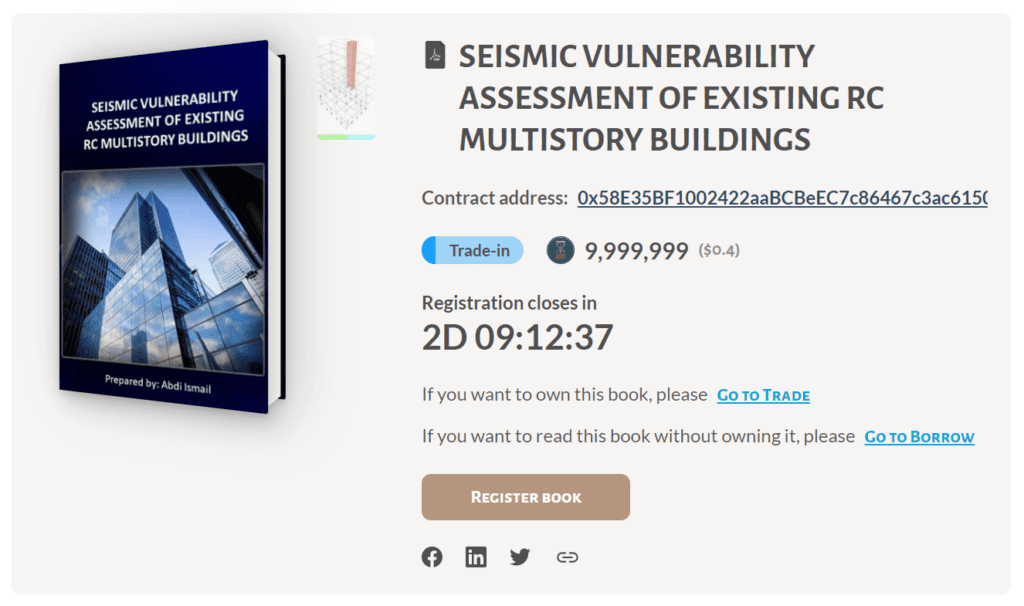
One of the standout features of NFTBOOKS is its affordability. It offers both purchase and rental options, making literature accessible to students from all financial backgrounds. Many lecturers have already embraced NFTBOOKS to publish books for their students.
For example, Shahoo Yousofi, Eng Abdi’s Construction Engineering Series is now available on NFTBOOKS for college students:

Apart from NFTBOOKS, the blockchain industry has other educational projects benefiting learners globally. These include Open Campus, recently launched as the 31st Binance Launchpad project, as well as Gitcoin, StreamCoin, and StudentCoin.
The expansion of NFTs and blockchain technology in education is paving the way for a new decentralized education system. It offers students easier access to knowledge, books, and learning materials compared to the traditional system. Embrace the future of education with NFTs and blockchain technology!
Final thoughts
NFTs have the potential to revolutionize education by providing innovative solutions to long-standing challenges. They offer secure and tamper-proof document storage, as well as create a level playing field for students from diverse financial backgrounds. The benefits of NFTs in education are too compelling to ignore, despite some challenges. As we explore and develop their potential, we can envision a new era of digital learning in the making.


